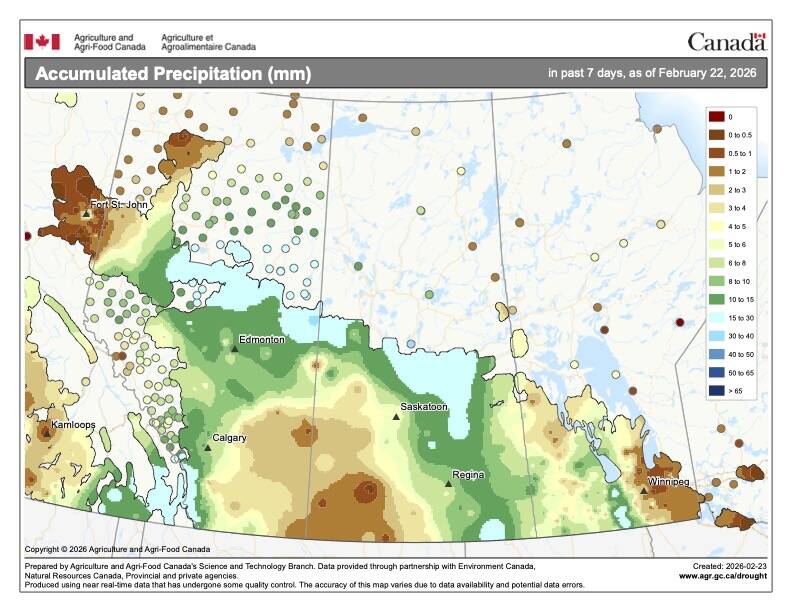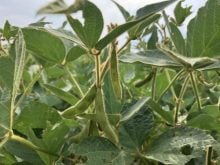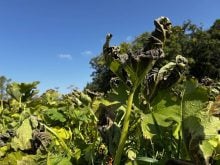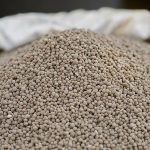Reuters – The dry conditions affecting crops in Argentina’s main agricultural region since mid-December could extend into mid-March, causing “significant” losses for corn and soybeans in 2021-22, the Buenos Aires Grains Exchange said January 12.
After getting rains in the second half of 2021, the South American country is now feeling the effects of the La Niña weather phenomenon as rainfall decreases in key agricultural areas.
Production results for both corn and soybeans will “largely depend on a timely return of the rains in February,” the grains exchange said in a monthly report.
Read Also

How Earth evens out the energy input
Earth has surpluses of radiation in its equatorial regions, and deficits toward its poles. Our weather is a matter of Earth trying to even out the imbalance, Daniel Bezte writes.
It has warned, however, that as the country faces a “double episode” of La Niña — when the phenomenon occurs for two consecutive seasons — the return of downpours could be delayed until mid-March, causing significant yield losses.
The exchange has estimated Argentina’s corn crop at a record 57 million tonnes and the soybean crop at 44 million tonnes. It has not made any cuts to its forecasts so far, but said last week it might have to revise them down, due to bad weather.
The Rosario grains exchange reported earlier a corn production disturbance due to hot, dry conditions. The unfavourable weather also makes it difficult for farmers to plant the last batches of soybeans, which could lead to a drop in the projected area.
“We are facing a very contrasting climatic scenario geographically, very irregular in its time course, which poses challenges to production, both due to water deficits or excesses (in northwestern Argentina), as well as extreme temperatures,” the Buenos Aires Grains Exchange said.














